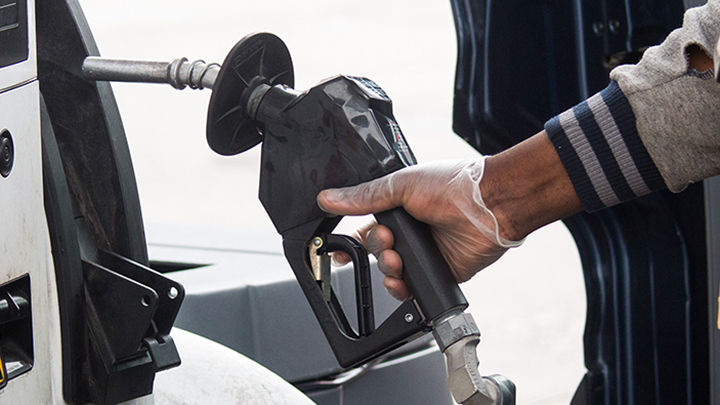The announcement by the Energy & Petroleum Regulatory Authority (EPRA) unveiling the revised maximum retail prices for petroleum products in Kenya has left many Kenyans devastated as the prices of Super Petrol, Diesel and Kerosene have all increased.
EPRA’s announcement which is in accordance with Section 101(y) of the Petroleum Act 2019 and Legal Notice No.192 of 2022, the Energy & Petroleum Regulatory Authority (EPRA) will be in force from Saturday to 14th November 2023.
The price of Super Petrol will increase by 5.72 shillings per litre, Diesel will increase by 4.48 shillings per litre, and Kerosene will increase by 2.45 shillings per litre.
The new prices are as follows in Nairobi:
Super Petrol: Sh217.36 per litre (up from Sh211.64per litre)
Read More
Diesel: Sh205.47per litre (up from Sh200.99 per litre)
Kerosene: Sh205.06 per litre (up from Sh202.61 per litre)
These prices are inclusive of the 16 per cent Value Added Tax (VAT) in line with the provisions of the Finance Act 2023.
The increase in fuel prices is likely to have a ripple effect on the Kenyan economy, as it will lead to higher costs for businesses and consumers.
Apart from that, it will definitely have a negative impact on the cost of living which is already unbearable for a large section of Kenyans.
It will make it more expensive to commute to work and school, and it will also lead to higher prices for goods and services.
All these could ultimately lead to slower economic growth and higher inflation.
EPRA attributed the increase in fuel prices to the rise in the landed cost of imported refined petroleum products and the depreciation of the Kenyan shilling against the US dollar.
“The average landed cost of imported Super Petrol increased by 3.93 per cent, Diesel increased by 7.07 per cent and Kerosene increased by 5.01 per cent,” EPRA said in a press release.
“The trade of petroleum products in the international markets is denominated in United States Dollars (USD), and an exchange rate is applied to convert the USD to Sh during the computation of local pump prices,” the press release added.
The Kenyan government’s measures to mitigate the impact of high fuel prices on Kenyans such as compensating the Oil Marketing Companies under the recovery of costs from the Petroleum Development Levy is just not enough to offset the full impact on the high cost of fuel prices.











